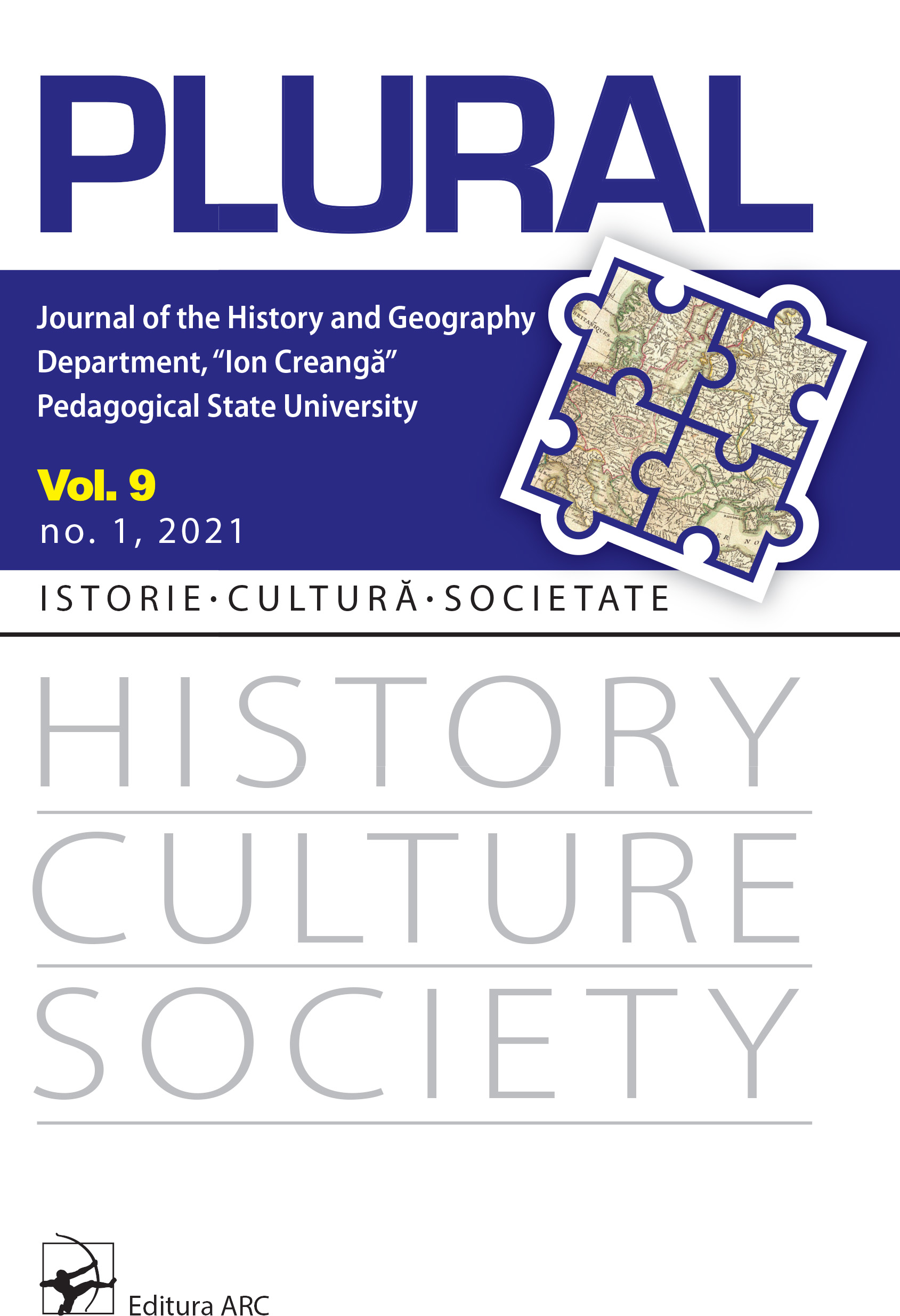The Humboldt Fellowships for Eastern Europe During the Cold War: Politics and
The Humboldt Fellowships for Eastern Europe During the Cold War: Politics and
Author(s): Irina Nastasă-MateiSubject(s): History, Comparative history, History of ideas, Recent History (1900 till today), Post-War period (1950 - 1989)
Published by: Facultatea de Istorie și Geografie, Universitatea Pedagogică de Stat „Ion Creangă”
Keywords: West Germany;Soviet bloc;Cold War;Humboldt fellowships;
Summary/Abstract: The Alexander von Humboldt Foundation was re-established in the federal republic of Germany in 1953, with the aim of demonstrating that Germany continued to be a great cultural power and of marking its place in the international arena. It awarded very prestigious fellowships to researchers from abroad, based on the criteria of academic excellence and lack of quotas. Even if sporadically at the beginning, the Foundation’s relationship with the countries of Eastern Europe started to develop in the late 1960s, despite the opposite political systems of the two blocs. This happened in the context of the FRG’sEast-centered foreign policy (Ostpolitik) and was also due to the opening of socialist countries to the West. The relationship, however, was marked in many cases by tensions, as political interests, as opposed to the cultural or academic dimension, prevailed. The article tackles the situation of the Humboldt fellows from Eastern Europe during the Cold War, focusing, from a comparative perspective, on the quantitative aspect, as well as on the political dynamics which determined their presence in West Germany.
- Issue Year: 9/2021
- Issue No: 1
- Page Range: 180-203
- Page Count: 25
- Language: English

